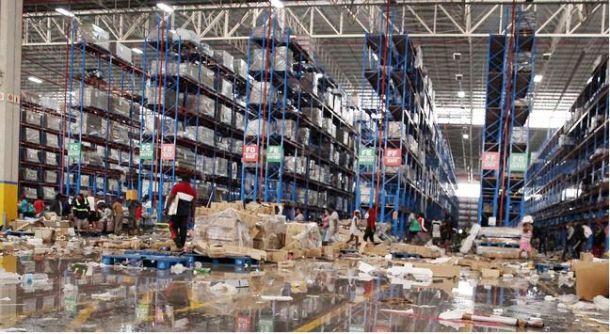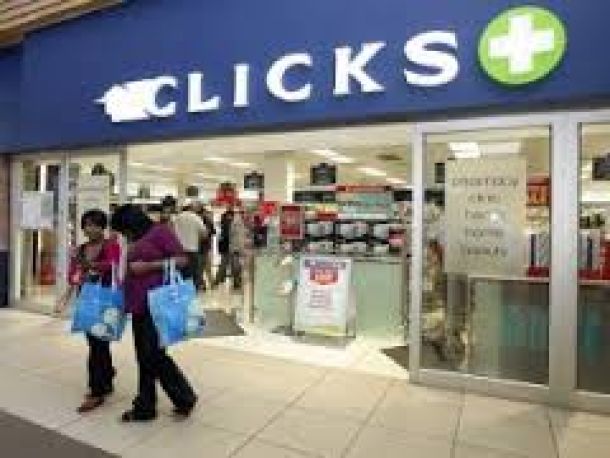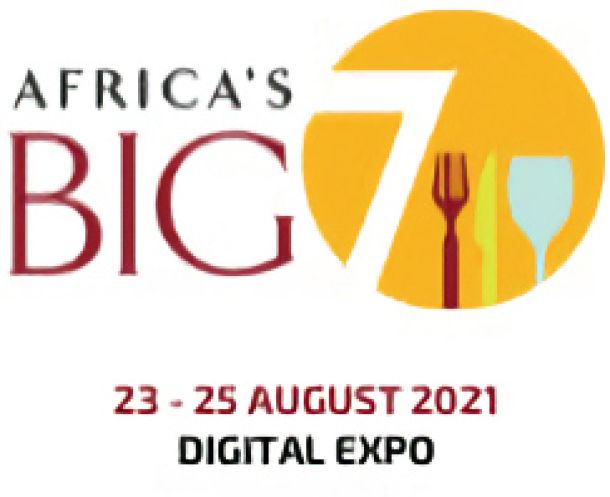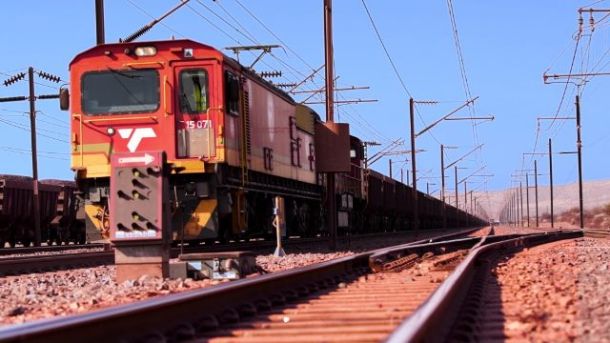Spar close to signing deal in Zambia
Having recently bedded down an Irish acquisition, Spar Group on Wednesday said it was close to signing a deal to expand into Zambia. Retailers are eyeing additional revenue streams as poor economic growth, household debt and unemployment crimp spending in SA.
by Zeenat Moorad | BDLive
The market was in a difficult space, Graham O’Connor, Spar Group CEO, said on Wednesday.
"Consumers are under pressure and it will continue to be the case, especially with no job creation here … there’s load shedding and all these negative elements," he said.
"We thought we might be seeing some improvement but it proved short-lived."
The company on Wednesday reported a 21.9% rise in first-half profit, largely propped up by its acquisition of BWG Group, the Spar brand owner in Ireland and southwest England.
"We’re trying to do a deal in Zambia with local Spar partners in the next few months and then we’re also in discussions in Ghana and Kenya as well … we would like to do something in Africa, it’s just not that easy though," Mr O'Connor said.
The Spar brand has been present in Zambia since late 2003. The wholly Zambian owned and managed company operates about 17 stores across the country through corporate and franchised outlets.
Expansion into the rest of the continent is not devoid of challenges as bureaucracy, currency volatility and poor infrastructure often hinder growth.
Pepkor, which sells clothing, aims to have 31 stores in Nigeria by July. Pick n Pay will open its first store in Ghana next year.
In SA, Spar Group, like Shoprite and Pick n Pay, has pushed discounting and promotions to drive sales.
For the six months ended March 31, net income rose to R783.6m from R642.9m a year earlier. Turnover growth of 40.7% to R36bn was achieved.
"Their real like-for-like were very, very strong," said Alec Abraham, senior retail analyst for Sasfin Securities. The group was "ahead of their peers".
With price-sensitive local shoppers looking to economise, the group has also been pushing its private-label products. Sales of Spar brand products increased 20.8% to R3.2bn.
Private labels, also known as house or store brands, in SA are often seen as a no-frills, lower-cost alternative. A boon for retailers‚ private-label products generate higher average price margins as they require lower research and development costs and reduced packaging costs.
Despite the highly competitive operating environment, like-for-like growth of 7.7% was seen in Spar Southern Africa.
Spar Ireland contributed turnover of R7.7bn, or 21.3% of total group turnover.
"In Ireland consumer spending has improved dramatically, (gross domestic product) growth will be around 5% this year … that’s still to flow through to the retail sector but it will in the next six months. It’s much more positive than here," he said.
The company declared an interim dividend of 239c a share, a 22.6% increase.
Annabel Bishop, Investec’s chief economist, said middle-to upper-end income earners would face pressure on spend this year and next from higher interest rates and taxes, rising utility bills and fuel prices.
"Consumption of durable and semi-durable goods will see the biggest impact, although easing credit standards could ease some … but not all … of the pressure," she said.
News Category
- International retailers
- On the move
- Awards and achievements
- Legislation
- Wine and liquor
- Africa
- Going green
- Supplier news
- Research tools
- Retailer trading results
- Supply chain
- Innovation and technology
- Economic factors
- Crime and security
- Store Openings
- Marketing and Promotions
- Social Responsibility
- Brand Press Office
Related Articles

Massmart says civil unrest cost the company R2....

Sasria pays Clicks R217m of KZN claim

Africa Trade Week Launches Digital Exhibition P...

Government’s plan to help businesses recover fr...


